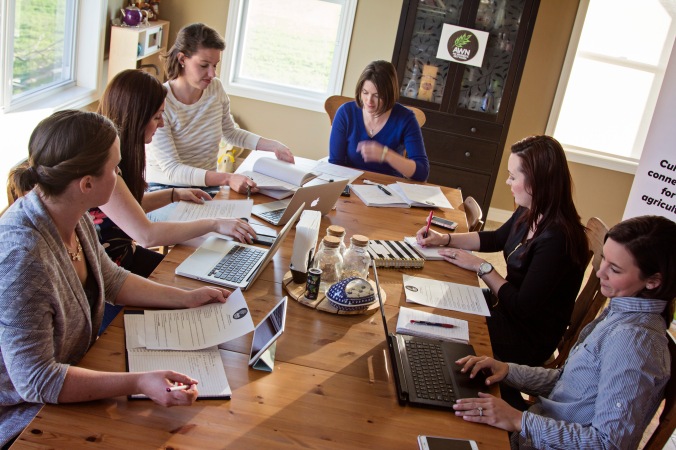Michele Van Beers worked as a social worker in rural ontario for 30 years before switching into accounting. AWN writer Maggie McCormick had the opportunity to connect with her regarding mental health trends and concerns in Ontario.
 Please tell us a bit about yourself and your career path.
Please tell us a bit about yourself and your career path.
I grew up in a very large blended family on the outskirts of Strathroy. Both of my parents operated small businesses my father being a home builder and my mother owning a daycare centre, as well as eventually operating a veal calf farm. As with most rural families we were actively involved in all aspects of our own operation, in addition to being employed as farm labour within our community.
My first career path took me into the social service sector. I worked for almost 30 years in this field, beginning as support staff in residential programs for individuals with developmental disabilities, and then transitioning into the mental health sector. I worked front line for many years assisting people who identified as having mental health needs when they faced crisis’s and transitions in their lives. Over the years, I was able to develop my skills, build my education and seize opportunities which enabled me to work in senior management positions in the not-for-profit sector.
I am currently tackling my second tax season with Farm Business Consultants as a Local Tax Consultant (LTC) out of the London office. Being a local tax consultant is about building relationships and assisting people to not only meet their mandatory reporting requirements, but also assist them through foreseen and unforeseen transitions for their businesses and in their lives. All members are at different stages of development, growth, redesign, decline and/ or retirement from their businesses and sometimes life circumstances cause them to have to make hard and sometime exciting decisions. I really thrive on being part of their network of support and a trusted advisor to aide in their decision making.
What’s the biggest professional/personal challenge you’ve had to face? And what did you learn from that experience?
2014 was a significant year of change for me, I was at a major crossroads with my career. I identified and seized an opportunity that had presented itself to me. I decided I was going to move out of the not for profit sector, and find avenues to apply my skills and unique learning experience in the corporate world. Going back to school was a significant undertaking, this at a time that I was also becoming a first time grandmother. I choose Business Administration – Accounting as my focus, as I believed that this program would round out my skill set and be beneficial in my next role. Graduating, I felt ready to apply my life and educational learning to a new role.
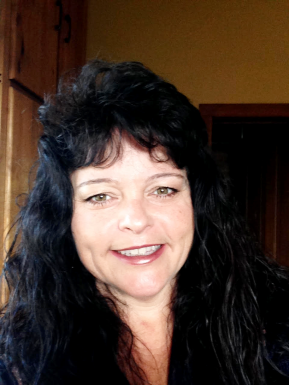 How do you define personal success?
How do you define personal success?
To put it simply, for me being a success means that I am a part of a thriving family, I am an active member of a supportive community and I have a rewarding and respected professional career.
Who is (or has been) your biggest influencer/mentor? What have you learned from them?
I am a big supporter of building a mentorship network and have embraced the opportunity whenever I have been able to. I have found it best for me to have diversity in the people to advise me and it is vital to continue to nurture these relationships. I have had the benefit of some very strong relationships with mentors over the years and as a result the mentorship has become reciprocal, which I have found to be very rewarding. I use these relationships and learnings to build my personal value statements which in turn guides my day to day decision making.
Learning from our mistakes is an important, but sometimes tough, part of life. In the spirit of these profiles helping others, are you willing to share a mistake you made but taught you something important?
For me personally, the mistakes I have learned from the most relate to balancing my responsibilities as an employee, a wife and as a parent, and forgetting at times to place emphasis to my own self-care. I recall a time when my children were very small, I decided that I would work full-time overnights. My thinking at the time was this way I could engage in my children’s activities and school life, be the mom I wanted to be, I could still be a beneficial member of my work team and a success in my job, as well as financially contributing to my household at an equal level. The piece I didn’t emphasize was when I was going to sleep. I can laugh about it now, but following a year at this pace my house of cards crashed. I was exhausted and picking up the pieces was very difficult. I would like to say I never made that mistake again, but that is not true. What I can say is the challenge of the balance continued but with each new challenge and each decision made, I was better able to recognize when issues were arising and adjust the goal or plan as needed. I never again let things get that far out of balance for my family or for myself.
How can the agriculture industry build more resilient communities, and support those who may have mental health concerns?
I think we need to reframe how we look at the issue of mental health altogether. Society as a whole I believe, thinks of mental health as mental illness. They think of it as a sudden illness which you might be diagnosed with, perhaps receive treatment for and then it is managed and/or you’re better. However, what I believe to be true is that all of us experience our mental health on a continuum that shifts and moves based on what is happening in our lives and how we are equipped to deal with our circumstances. Two people experiencing the exact set of circumstances, but with different tools and support networks in place will manage their circumstances very differently and therefore the effect on their Mental Health will be vastly different.
I believe the key to maintaining balance on the continuum in your mental health is in building your self-awareness and coping skills and to develop your personal network of supports. This is what makes you resilient to the impacts of stressors in your life. A network of resilient individuals who seek and offer support within their community are able to build and maintain a resilient community.
I believe that for the agriculture industry there are three main barriers to this development. First would be the personal isolation that is inherent to many in their roles. Many agriculture roles are remote and isolated, and although this is a part of the draw for pursuing this career it can also be a disadvantage when stressors happen and accessing appropriate supports. The second barrier to overcome is the demands of the roles themselves. People pursuing careers in a lot of traditional agriculture roles don’t work a standard 40 hours a week. They juggle many pressures and may not feel they are in a position to prioritize building their mental health resiliency. The third barrier I would identify would be the issue of stigma and perceptions of mental health in our communities. When we can get to the point that we can openly discuss plans to manage our own anxiety or depression as easily as I can discuss managing my diet because I am diabetic, we will be able to make real progress in this area
What do you think is the most important topic in agriculture right now? Or what should be?
I believe one of the most important issues in agriculture right now is the sustainability of it as a family based business. The desire to have an agriculture lifestyle and to raise families this way is becoming unattainable. The family demographics, financial resources required and business management skill requirements are all factors that are rapidly changing, and I wonder if the industry is prepared for assisting individuals to get ahead of this development curve in order to prepare for it. We can see that the large-scale operations are thriving, but when I speak with people individually they are concerned with the entire agriculture industry changing to be corporately run, and many are asking is this really what we want in the long run.
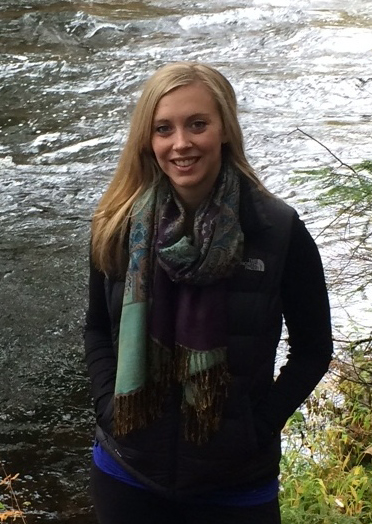 I grew up outside Tavistock, Ontario on a dairy farm. When I was 12, I started riding horses competitively. My dad made a major life changing decision when I was 13 to sell our quota and exit the industry. In my teen years, I was fortunate that my dad allowed me to convert our barn from cows to horses. We had a small handful of boarders, and during my University years, I taught riding lessons to neighbourhood kids.
I grew up outside Tavistock, Ontario on a dairy farm. When I was 12, I started riding horses competitively. My dad made a major life changing decision when I was 13 to sell our quota and exit the industry. In my teen years, I was fortunate that my dad allowed me to convert our barn from cows to horses. We had a small handful of boarders, and during my University years, I taught riding lessons to neighbourhood kids. Diane Stewart is the owner of BC Hop Company, a 35-acre hops farm in Abbottsford, about 100 kilometres southeast of Vancouver.
Diane Stewart is the owner of BC Hop Company, a 35-acre hops farm in Abbottsford, about 100 kilometres southeast of Vancouver.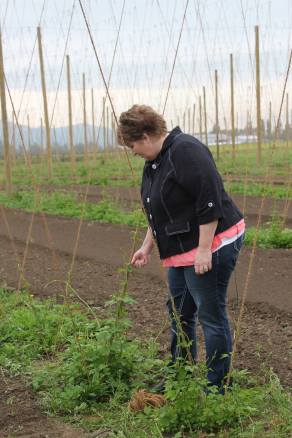
 She also says that BC does not have a lot of support networks for women in farming.
She also says that BC does not have a lot of support networks for women in farming. Please tell us a bit about yourself and your career path.
Please tell us a bit about yourself and your career path. Learning from our mistakes is an important, but sometimes tough, part of life. In the spirit of these profiles helping others, are you willing to share a mistake you made but taught you something important?
Learning from our mistakes is an important, but sometimes tough, part of life. In the spirit of these profiles helping others, are you willing to share a mistake you made but taught you something important? The daughter of dairy farming parents, Mariette grew up in the province of Noord Brabant in the Netherlands with her four siblings.
The daughter of dairy farming parents, Mariette grew up in the province of Noord Brabant in the Netherlands with her four siblings.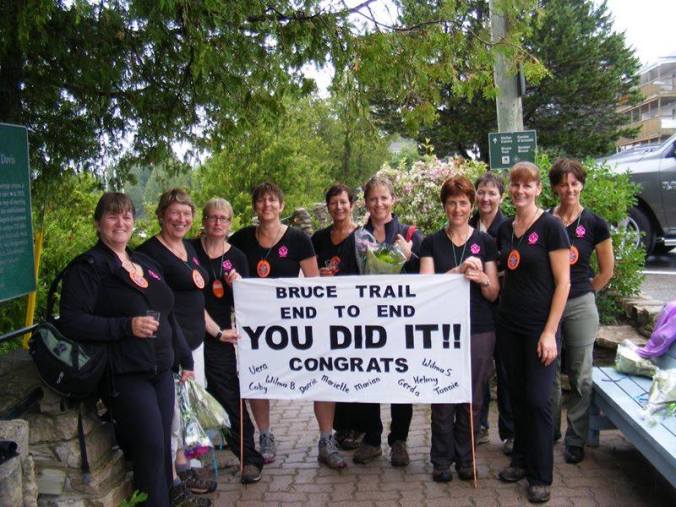 In 2011, Mariette found herself amongst another life altering change when her husband and partner in farming passed away suddenly at the age of 48.
In 2011, Mariette found herself amongst another life altering change when her husband and partner in farming passed away suddenly at the age of 48.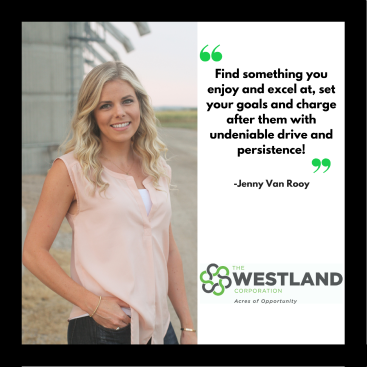 If I could have summarized this interview in one word, it would most definitely be ‘optimistic’. Jenny Van Rooy is the real deal. As an ambitious entrepreneur in agribusiness, she has successfully built The Westland Corporation into a prosperous new business
If I could have summarized this interview in one word, it would most definitely be ‘optimistic’. Jenny Van Rooy is the real deal. As an ambitious entrepreneur in agribusiness, she has successfully built The Westland Corporation into a prosperous new business I really don’t feel like the OBC attitude persists much anymore. Overtime I think this attitude has slowly faded. I talk to grain traders that have been in the Ontario grain trade for multiple decades, they tell me stories of how it “once was” – let me tell you that attitude and behaviour is not present anymore. Slowly over the decades there has been a shift. Any OBC attitude that’s left in the trade is very minor. -Jenny Van Rooy
I really don’t feel like the OBC attitude persists much anymore. Overtime I think this attitude has slowly faded. I talk to grain traders that have been in the Ontario grain trade for multiple decades, they tell me stories of how it “once was” – let me tell you that attitude and behaviour is not present anymore. Slowly over the decades there has been a shift. Any OBC attitude that’s left in the trade is very minor. -Jenny Van Rooy
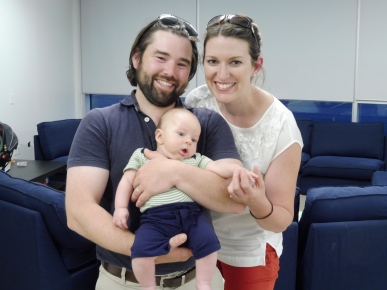


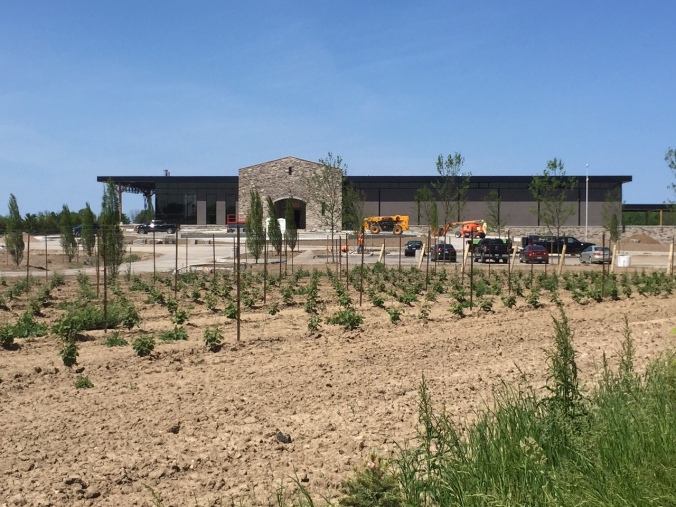
 In the spirit of these profiles helping others, are you willing to share a mistake you made but taught you something important?
In the spirit of these profiles helping others, are you willing to share a mistake you made but taught you something important? Please tell us a bit about yourself and your career path.
Please tell us a bit about yourself and your career path.
